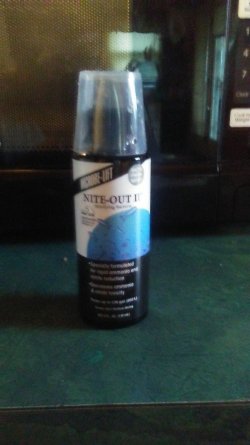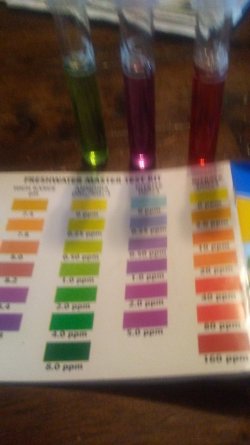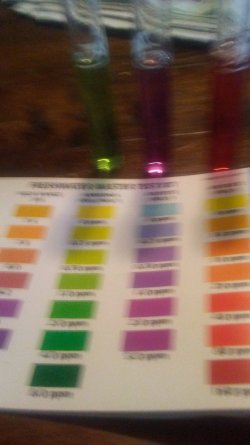I have never heard of thiaminase prior to this thread being posted. Dr Googly has some information about it but most of that information appears to relate to goldfish & guppies being used as feeder fish, and mussel meat & prawn. I was unable to find any references to scientific research, or statistics or even personal experiences where people had studied this in captive fish.
Whether this is a true condition in fish, or something that has been made up by the animal liberation groups I do not know. I also do not know if the information is based on human physiology or fish physiology. Humans and fish have different needs and fish have been around for millions of years longer than primates (fish were around before the dinosaurs, primates didn't appear until after the dinosaurs). So if there is a condition in people, it probably is not the same disorder in fish, due to them having been around for longer and probably having developed a natural strategy to compensate for this. In addition to this, fish have been eating other fish since day one, so if they were going to suffer from vitamin B deficiency they would have evolved a defence against it.
If it is a true condition that affects fish then we need more information and scientific studies to validate the comments being made by the people making these claims.
Having said all this, there is no need to feed live fish or shrimp to other fishes, (with the exception of wild seahorses taking live shrimp), and all fish can be trained onto dead food. Live feeder fishes can introduce diseases (as listed above by Nick), and being put into a tank with a big predator that is going to eat you must be terrifying to the feeder fish. How many of you go in the ocean when you see a shark fin? Not many of you so think about being a small fish dropped into a tank with a big predator. In addition to this, if an animal is fed the same single type of food every day (not including commercially prepared foods), they can suffer from nutritional deficiencies, and if you ever run out of that food (or are unable to get it) the fish will usually go on a hunger strike until that food is made available again.
You are better off feeding a variety of frozen (but defrosted) meats based around fish and using live food as an occasional treat. This will reduce the risk of diseases being introduced into the tank, and provide a more varied diet that will reduce the chances of nutritional deficiencies. With piranha you can also add mammal meat (beef, lamb, pork) to their diet once or twice a week. Avoid raw chicken due to the drug resistant bacteria commonly found on raw chicken products these days.
Most fishing shops sell packets of white bait and blue sardines and also prawns/ shrimp & squid/ octopus. You can keep these in the freezer and take some out, defrost them and offer them to the fish. Varying the diet will ensure the fish gets all the nutrients it requires.
Piranha do not naturally eat goldfish or guppies because those fishes do not occur in the Amazon River or its tributaries. Their diet includes anything meat based and they even take insects when young. They will scavenge and eat dead animals, birds, reptiles and fish, and they will eat smaller fish and take bites out of bigger fish. They do not need live food and the fish will take dead food without any issues at all.
If you want to feed live fish to the piranha, then use species that naturally occur in the Amazon, fishes like tetras and cichlids. The piranha naturally eats them so nobody can say they cause thiaminase, because these are some of the fish's natural food items. Use frozen (but defrosted) foods and pellet foods as the basis for its diet, and add live fish or shrimp as a treat no more than once a week.




